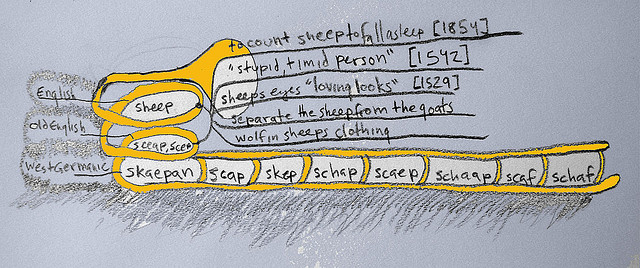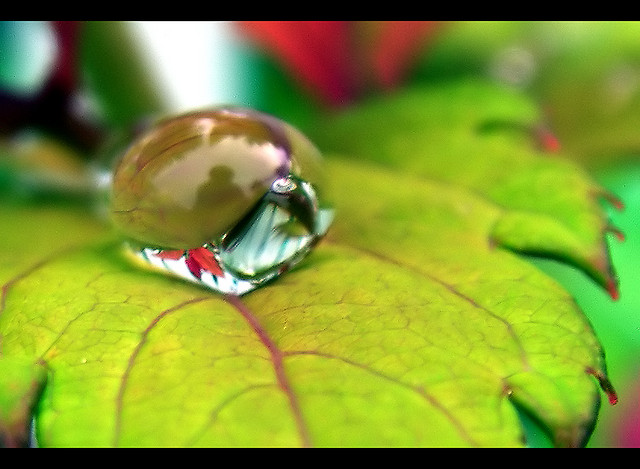Have you ever flicked through a dictionary to find a word, and then noticed that right next to it there is a set of symbols, some of which resemble the letters you are used to using, but some of which are completely different?
These symbols are there to give you a guide to how the word is generally pronounced, and they are part of the International Phonetic Alphabet, or IPA.





